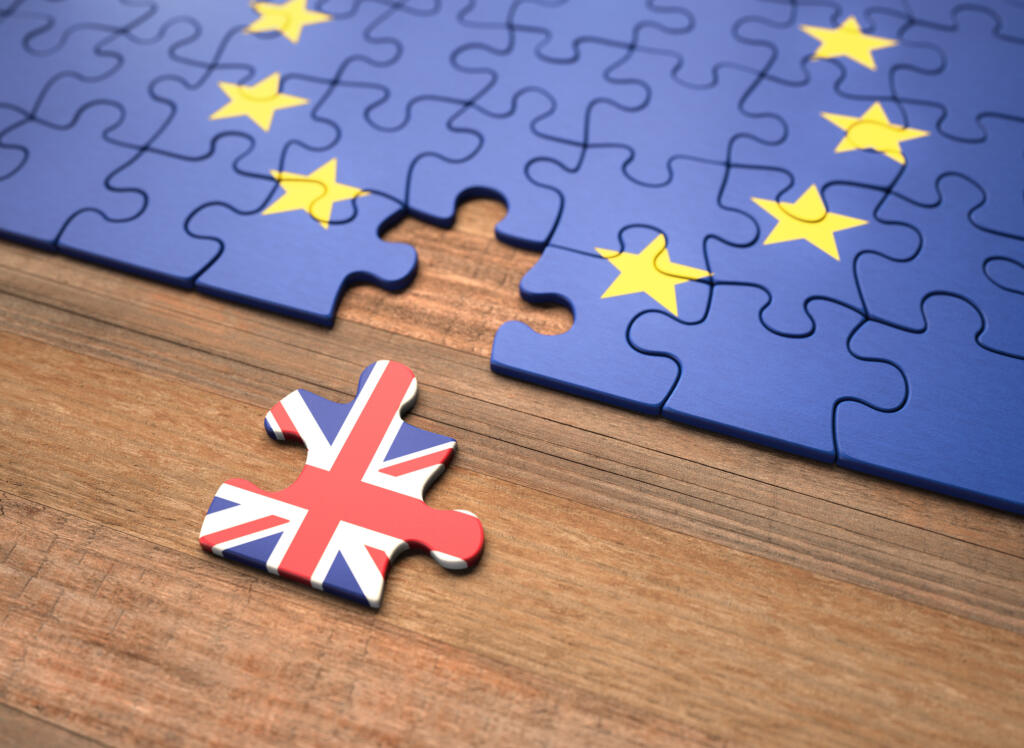
Deal or no deal, what will happen when the Brexit transition period ends? What do businesses need to know?
The advice given in this article is correct as of 18 December 2020.
Please see the end of this article for a list of our Brexit articles. We’ve also put together a Brexit business guide to help you navigate the changes.
The UK left the EU on 31 January 2020 and is no longer an EU member state. The UK-EU withdrawal agreement came into force on exit day, following the prior completion of the ratification and notification procedures by the UK and the EU.
Under the terms of the withdrawal agreement, a post-Brexit transition period then started and will end at 11pm (UK time) on 31 December 2020.
What will happen when the Brexit transition period ends?
After 31 December 2020:
- Most EU law applicable in the UK as at 31 January 2020 will remain in effect within the UK indefinitely (but on a different constitutional basis, as “retained EU law”) until the government decides to repeal or amend it; and
- The law relating to the UK’s trading and other relationships with the EU and EU institutions will remain uncertain until the outcome of the negotiations between the UK and the EU.
How can businesses prepare?
Whatever happens, Brexit is set to affect every business in the UK. Activities, contracts and policies will need to be reviewed to reflect the new relationship with the EU.
To help businesses prepare, our expert legal advisors have written a business guide, covering the key challenges and opportunities that Brexit will present. We’ve also put together a series of articles to help you navigate the changes:
- Corporate – what will the impact of Brexit be on business?
- Who can work in the UK after Brexit?
- How to Import & Export Goods with the EU after Brexit
- Brexit and Cross-Border Litigation – where are we now?
- What will happen to Commercial Leases after Brexit?
- Intellectual Property & Trademarks after Brexit
If you have any questions or concerns, please feel free to get in touch using the form below.
